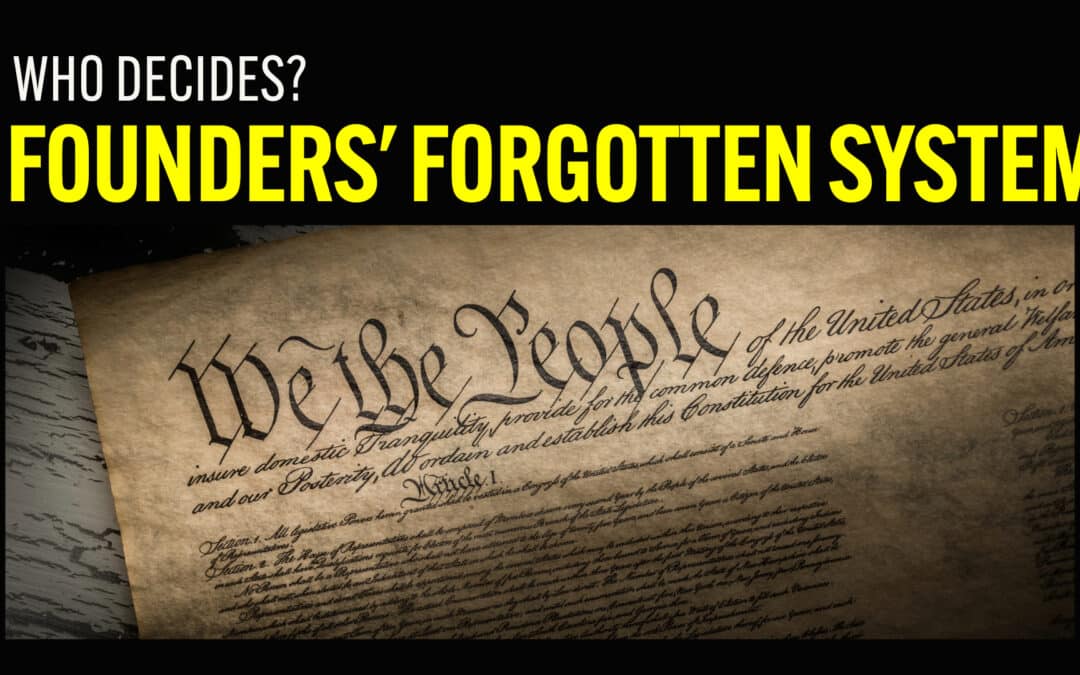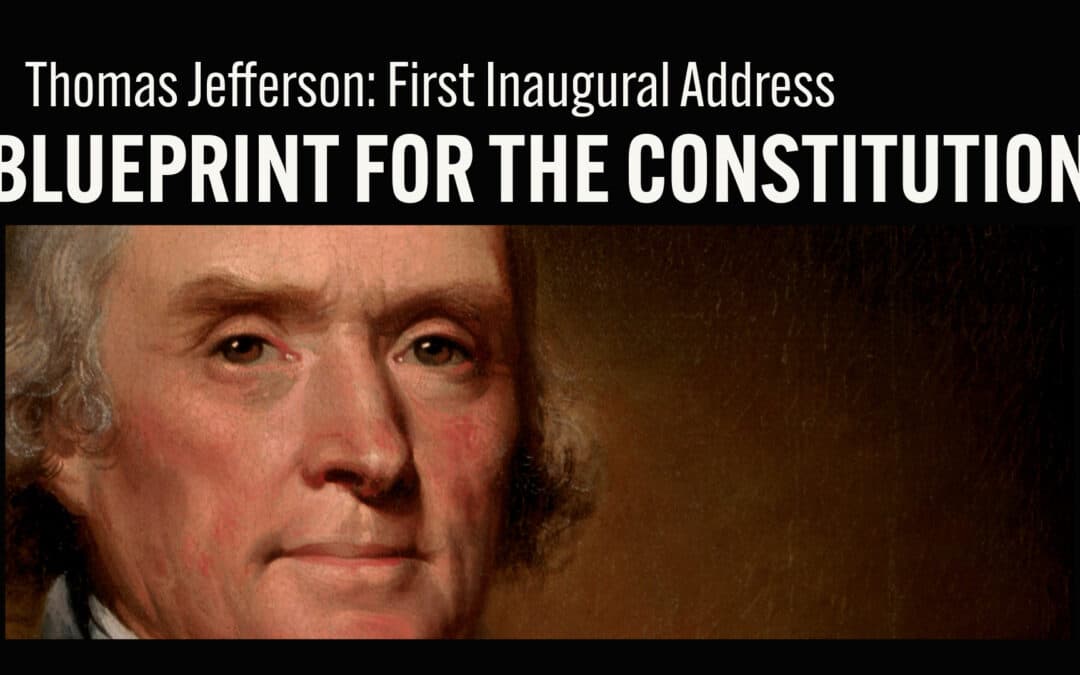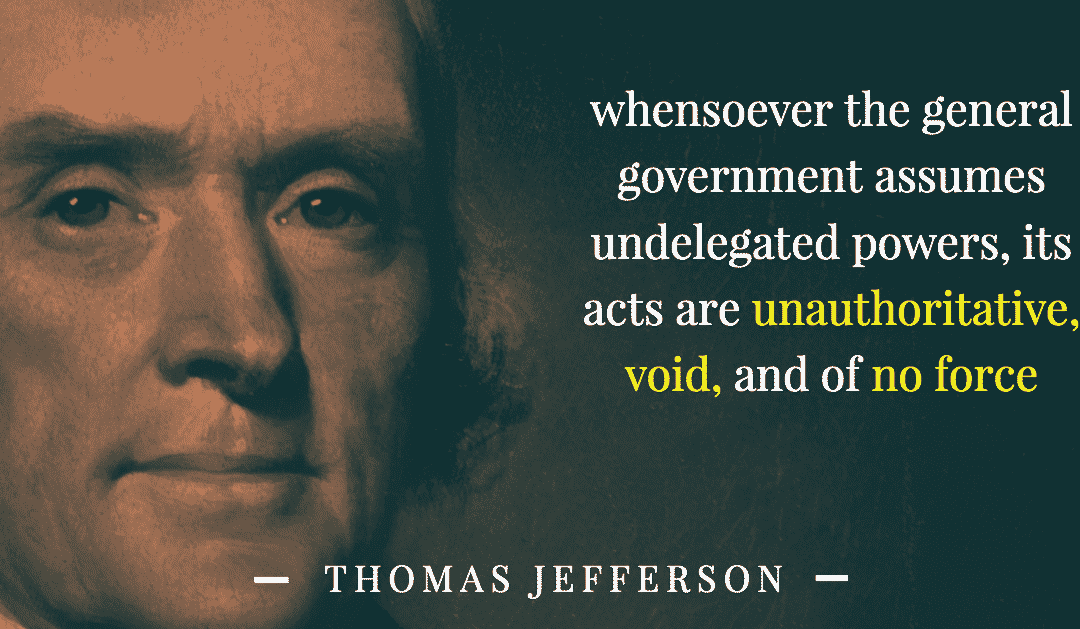
Thomas Jefferson


Thomas Jefferson’s Greatest Fear: The Federal Judiciary and the Death of Liberty
“The great object of my fear is the federal judiciary.” That’s Thomas Jefferson – sounding the alarm over what he saw as the greatest threat to the Constitution and your liberty. He gave us four main warnings: Consolidation is death to freedom....
General Welfare Clause: The Truth They Never Teach
“It would be ABSURD to say … Congress may do what they please.” That was James Madison, obliterating the modern lie that the general Welfare Clause is a blank check for almost unlimited power. But that’s exactly how it’s treated and used today. The general Welfare...
Who Decides? The Founders’ Forgotten System of Checks and Balances
“There is not a syllable in the constitution, that makes a decision of the judiciary – of its own force, and without regard to its correctness – binding upon any body, either upon the executive, or the people.” That’s from Lysander Spooner, reminding us of...
Thomas Jefferson’s First Inaugural: Timeless Blueprint for the Constitution
Peace, freedom, the 10th Amendment, and the elimination of taxes: These are just a few of the principles Thomas Jefferson outlined in his first inaugural address. They weren’t mere policy suggestions, they represent timeless and revolutionary declarations against the...
